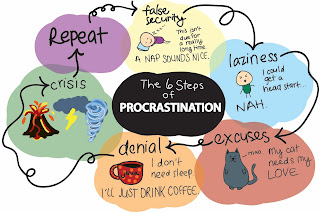Fact 1: Approximately 1 in 4 people worldwide experience mental health issues.
Myth 2: Mental health illnesses aren't genuine illnesses.
Fact 2: Mental illnesses are real health conditions that can be effectively treated.
Myth 3: Medication is the only treatment for mental health issues.
Fact 3: While medication can be helpful for some individuals, it's not the sole treatment option. Therapy, lifestyle changes, and support from loved ones can also play a crucial role in managing and recovering from mental health issues.
Myth 4: Mental health problems last a lifetime.
Fact 4: Mental health issues may fluctuate over time, but with treatment and therapy, their impact can diminish.
Myth 5: Therapy is only for severe mental health conditions.
Fact 5: Therapy is beneficial for individuals with a wide range of mental health concerns, from mild to severe. It can help people develop coping skills, manage stress, and improve their overall well-being.
Myth 6: People with mental health issues are inherently violent.
Fact 6: They are not more prone to violence than anyone else.
Myth 7: People with mental health issues can't maintain employment.
Fact 7: Many individuals with mental health issues hold steady jobs, and approximately 50% of those with severe mental health conditions are currently employed.
Myth 8: Psychiatric medications are harmful.
Fact 8: Medications can significantly improve the functioning of many individuals.
Myth 9: You can't assist someone with mental health issues.
Fact 9: Providing support to someone struggling with mental health issues is possible by lending a listening ear and knowing what to say.
Myth 10: Mental health issues only affect adults.
Fact 10: Mental health issues can affect individuals of all ages, including children, teenagers, and the elderly.
Myth 11: Seeking help for mental health issues is a sign of weakness.
Fact 11: Seeking help for mental health issues is a courageous step towards recovery. It shows self-awareness and strength to address and manage these challenges effectively.
Myth 12: Mental health issues are a result of personal failure.
Fact 12: Mental health issues are not a reflection of personal failure. They can affect anyone, regardless of their achievements or successes, and are often caused by a combination of genetic, environmental, and biological factors.
Myth 13: People with mental health issues can "snap out of it" if they just try harder.
Fact 13: Mental health issues are not a matter of willpower or choice. They are complex conditions that often require professional treatment and support.






